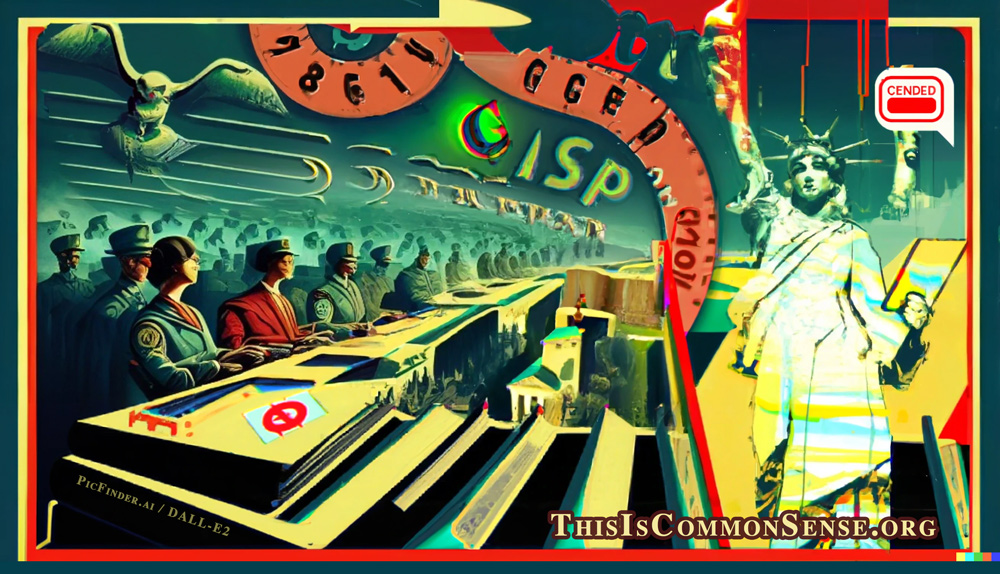Things haven’t been going well for freedom of expression on campus.
Institutions of higher learning where foes of free speech flourish include purported bastions of intellectual discourse like Harvard University. In 2022, Harvard ranked 170th out of 203 schools with respect to free speech on campus in an assessment by the Foundation for Individual Rights and Expression (FIRE).
According to a 2023 College Pulse survey, 26 percent of Harvard students say it’s sometimes okay to use violence to stop speech on campus. Only 27 percent say it’s always wrong to shout down a speaker.
“Many, many people are being threatened with — and actually put through — disciplinary processes for their exercise of free speech and academic freedom,” says Janet Halley, of Harvard Law School. “Many people think that they’re entitled not to be offended.”
Jeffrey Flier, medical school professor, says free speech has been in decline at Harvard at least since 2007.
Halley, Flier, and more than 100 other Harvard faculty members have newly formed the Council on Academic Freedom.
Flier says it’s been too hard for professors to simply “[put] their head above the parapet [and say] ‘I think this is wrong.’ There hasn’t been any network of people from across the spectrum that could be able to do this. But that’s what we now have in the council.”
The Council seems to be off to a good start. Now let us see how many of the rest of the school’s 2,400 or so faculty members join up.
This is Common Sense. I’m Paul Jacob.

Illustration created with PicFinder.ai
—
See all recent commentary
(simplified and organized)


